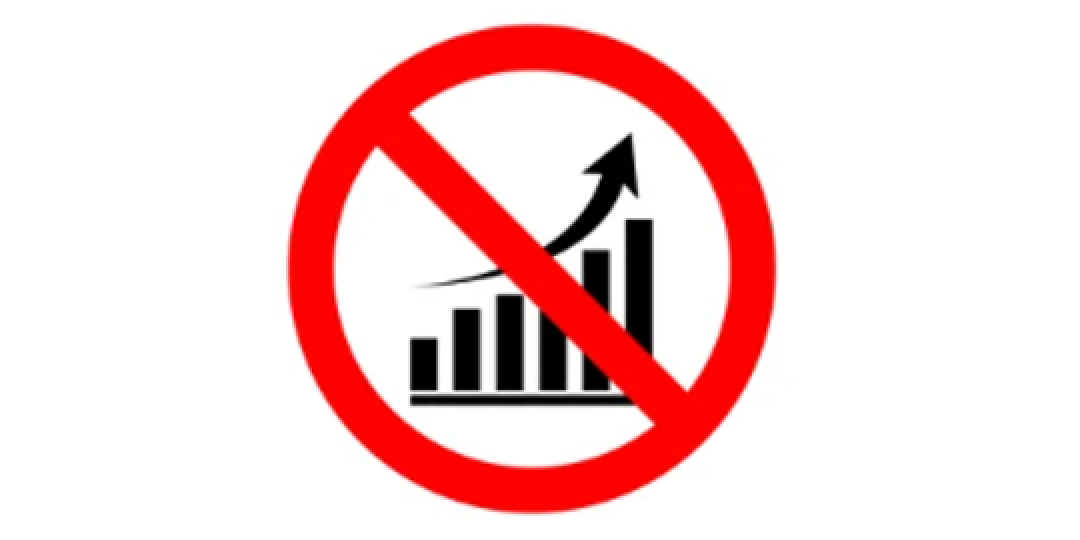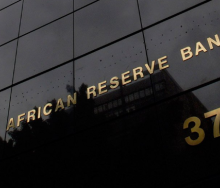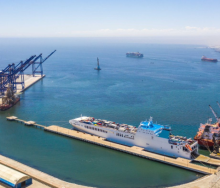Finance Minister Enoch Godongwana has withdrawn the proposed VAT increase of 0.5 percentage points that would have seen the rate go up to 15.5% on 1 May.
Treasury announced on Thursday that it would shortly introduce the Rates and Monetary Amounts and the Amendment of Revenue Laws Bill (Rates Bill), which proposes to maintain the VAT rate at 15%.
This comes after another day in the Western Cape High Court where the Democratic Alliance was fighting the increase, arguing that the VAT rate could only be increased after Parliament decided to do so and not through a decision by the Minister.
Keitumetse Sesana, Strategic Lead for Stakeholder Engagement and Legislation at the South African Institute of Taxation (SAIT), said the withdrawal was good news for business in a constrained economic environment.
Sesana said many businesses were contemplating absorbing the increase to cushion consumers.
Political parties such as the DA, the Economic Freedom Fighters, Freedom Front Plus and civil society groups had vehemently opposed the proposed VAT hike, raising concerns about the impact it would have on vulnerable consumers.
The initial proposal of a two percentage point increase led to postponement of the budget in February 2025. And then on March 12 Godongwana announced a one percentage point increase that would be implemented in increments of half a percentage point over the next two years. The DA also opposed this.
Tax Consulting SA Managing Partner, Jerry Botha, said the withdrawal was a significant development in the tax world as businesses had been left in the dark since the budget was postponed in February. However, he said they had lately started preparing for the VAT increase by adjusting their systems to be ready by 1 May.
Sesana said some businesses might have already spent money to prepare their systems for the hike, which was now wasted resources.
“But at least it is good news for business that the increase has now been withdrawn,” she said.
Treasury said the decision to forego the increase had followed “extensive consultations with political parties, and careful consideration of the recommendations of the parliamentary committees”. “By not increasing VAT, estimated revenue will fall short by around R75 billion over the medium term.”
Sesana said, according to Treasury, to offset the “unavoidable expenditure adjustments”, any additional revenue collected by the South African Revenue Service might be considered for this purpose in future.
She said this could indicate that it would be down to Sars to collect more revenue to make up the gap left by the withdrawal of the VAT increase, and that more scrutiny by the revenue service could be expected in the current financial year.
Godongwana said in the statement that there had been many suggestions on how to deal with the deficit.
However, some suggestions would have created greater negative consequences for growth and employment, and others “while worthwhile, would not provide an immediate avenue for further revenue in the short term to replace a VAT increase”.
Godongwana said he had written to the speaker of the National Assembly to indicate that he was withdrawing the Appropriation Bill and the Division of Revenue Bill to propose expenditure adjustments to cover this shortfall in revenue.
Parliament will be requested to “adjust expenditure in a manner that ensures that the loss of revenue does not harm South Africa’s fiscal sustainability”.
Godongwana said earlier that one of the only other ways to collect the money the government needed, would be to increase its borrowing in financial markets, raising the debt burden and debt service costs.













